When former Dundee United chairman Stephen Thompson launched a new convenience store business in May 2022, he was confident of success.
It was returning to a sector he knew well, having run the Morning Noon & Night chain founded by his father, Eddie.
His ambition was not modest. He planned to grow Eddy’s Food Station to 50 shops and 800 staff within three years.
But 30 months later, Mr Thompson, 58, has revealed he has hit “rock bottom” and filed for bankruptcy.
It follows the collapse of Eddy’s Food Station earlier this year. The business owed millions of pounds when it went into administration, with Mr Thompson saying he’d “lost his entire pension pot”.
Where did it all go wrong?
Stephen Thompson hopes for riches from retail
Mr Thompson has seen first hand the riches that success in retail can bring.
He saw his father start Morning Noon & Night in 1991 with £100,000 of his own capital.
The success of the Broughty Ferry business helped him fund the purchase of Dundee United in 2002.
Two years later – by which point the business had 50 shops employing 800 staff – it was sold to Scotmid for £30 million.
Stephen Thompson, in his own words, was “there from day one”.
After working in various roles in the family business, he became chief executive as his father dedicated his time to United.
After Eddie Thompson’s death in 2008, Stephen succeeded him as Dundee United chairman, but sold his shareholding in 2018.
He was the first investor to put money into the National Independent Soccer Association league, owning a franchise in Connecticut. However, he sold his interest before the league started.
Rapid growth but warning signs
The launch of Eddy’s followed a period where convenience stores benefitted from a rise in trade during the pandemic.
Speaking exclusively to The Courier in May 2022, he said he had been plotting a return to retail for two years.
He said: “Technology has moved on but the basics haven’t changed – it’s about having the right standards and level of customer service.
“We’re looking at sites all over Scotland, including Tayside and Fife.
“It’s an ambitious plan but it doesn’t frighten me as I’ve been there before.”
He said he had secured millions of pounds of financial backing and a desire to buy existing convenience stores.
After opening a first store in Alloa, the business grew to six shops including locations in Ceres, Leuchars and Buckhaven in Fife.
By the end of 2022, he had five shops and enough staff to field nine football teams.
But despite the rapid growth, he highlighted warning signs when he spoke to The Courier again at the end of that year.
He said the energy bills for a store had risen from £2,000 a month to £10,000. Finding staff and food inflation were highlighted as other problems.
Business collapse owing millions
But the aggressive acquisition strategy would be one of the reasons for the collapse of the company in April this year.
Administrators FRP said the company had “paid premiums” to secure leases as it built up its portfolio of six stores and had also incurred “substantial” refurbishment costs.
Its report said: “These costs, coupled with operational issues, resulted in losses being incurred at three of the sites.
“As a result, we understand three of the sites were sold at a substantial discount.
“The company has struggled with high debt servicing costs and had experienced cash flow pressures caused by high investment costs and lack of profitability.”
Financial statements for the year ending June 2023 showed the company had turnover of £5.7 million but a net loss of £1.45m.
It sold three shops to Dundee-based Spar owner CJ Lang for £1.5m prior to administration.
The administrators said the financial problems escalated in March this year when main supplier, Costcutter, stopped supplying the business as a result of unpaid debts.
The three remaining shops – in Leuchars, Greenock and Larbert – continued to trade via cash and carry purchases together with cash on delivery arrangements with other suppliers.
The report added: “Whilst the business was able to trade on in a limited fashion this was suboptimal, further eroding sales margin and crucially the cash position was becoming critical.
“At that point the company and secured creditor sought advice regarding the cash flow issues.”
Stephen Thompson on bankruptcy
The debts within the company were substantial.
Finance firm Nash Business Services Limited is owed £3.8 million, HMRC is due £141,019 and amounts due to unsecured creditors is estimated at £555,459.
Stephen Thompson, addressing the company’s administration, said he had “lost his entire pension pot”, a six figure sum, with its failure.
He said the administrator’s report also didn’t reflect “personal guarantees” made by family members.
He said: “The business started out in an incredibly challenging time with energy costs and the huge level of food inflation making it hard to produce the profits required to cover the servicing costs of the debt.
“The huge energy costs in 2023 were £184,000 above budget which came straight from working capital.
“Personally I invested my total pension pot so that’s now gone.”
Mr Thompson, again highlighted the high energy costs when he revealed he had applied for bankruptcy on radio football show Off The Ball on Saturday.
He said: “Well, I’ve kind of hit rock bottom to be honest. I actually signed a petition for bankruptcy yesterday.
“It’s not a great place to be in life but it’s a fresh start for me.”
Describing the business collapse, he said: “The stores were making money. We started up at the wrong time, in September when the energy crisis came along.”
What happens next in bankruptcy process?
Individuals can file for bankruptcy when they have debts they can not pay. It is a formal process with people declared bankrupt by insolvency service Accountant in Bankruptcy of a court.
When you are bankrupt, finances are under the control of a trustee. It is their job to control the assets to pay as much money back to creditors as possible.
Bankruptcies usually come to an end after six months or a year with most of the debt wiped out.
There are also disadvantages to bankruptcy. People may have to sell their assets, including their home.
There are also limits on borrowing money and the impact on a credit rating lasts for six years. If people get any new money or property within four years it can be claimed by a trustee.
Mr Thompson did not respond to request to comment.
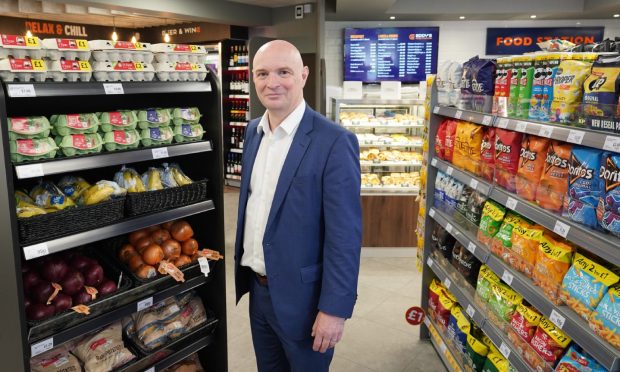
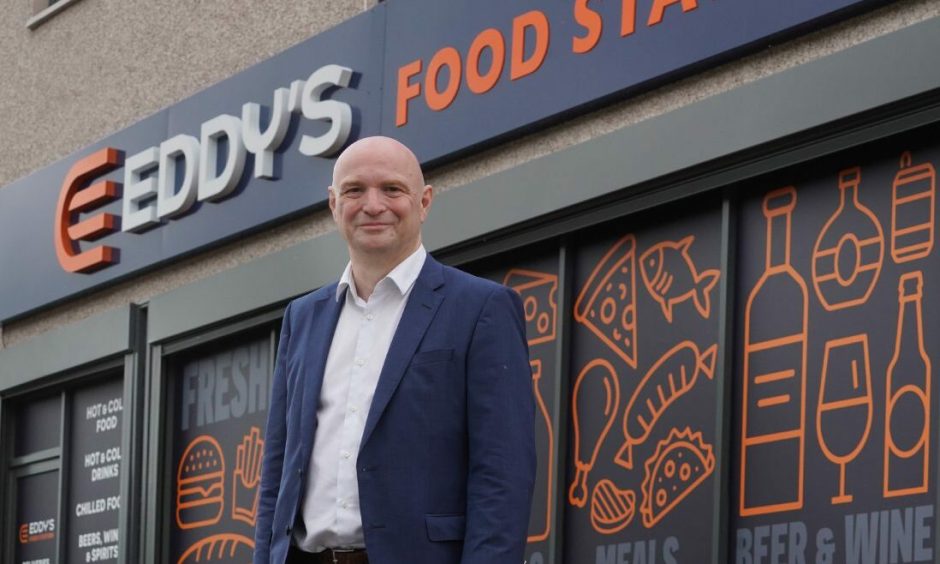
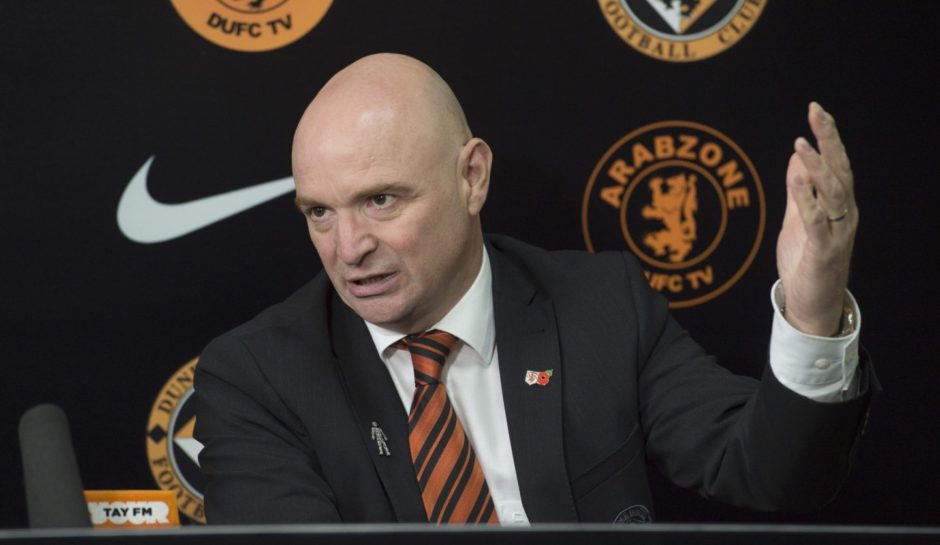
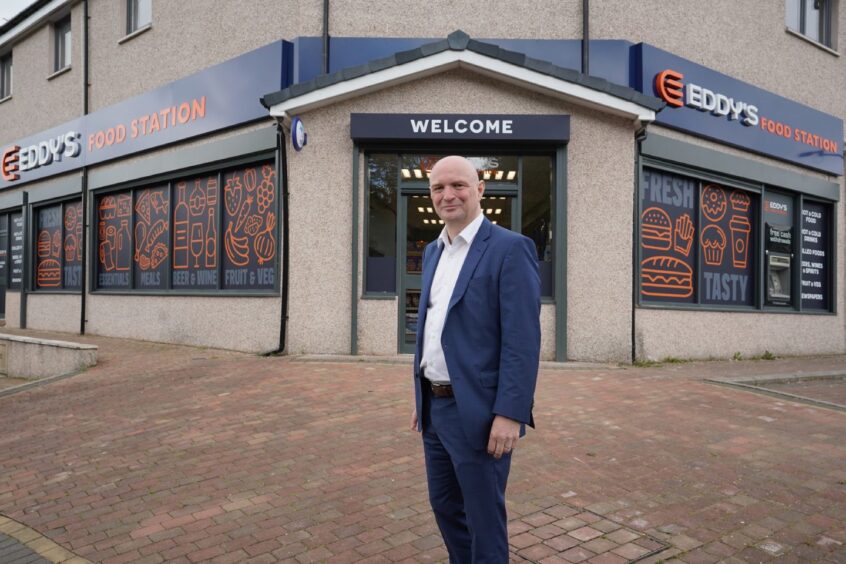


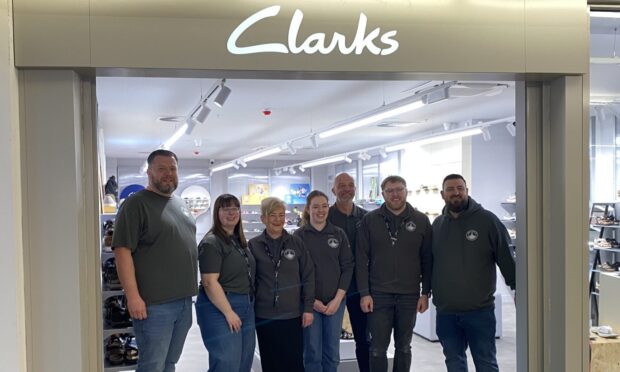

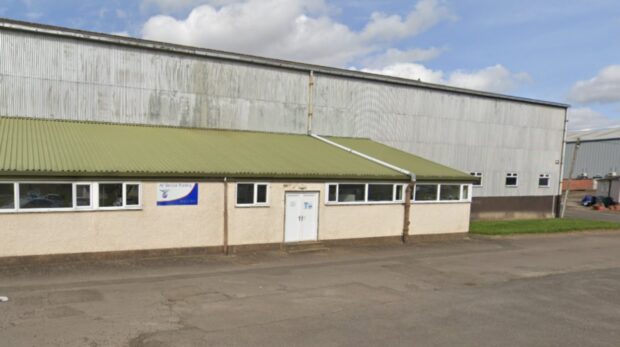
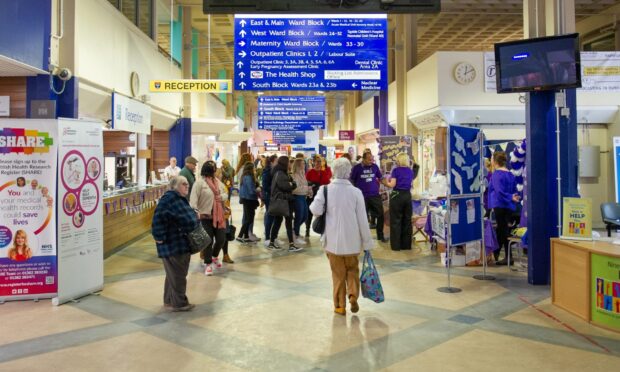
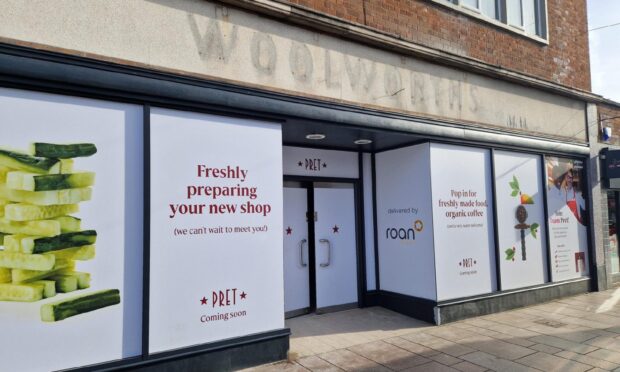
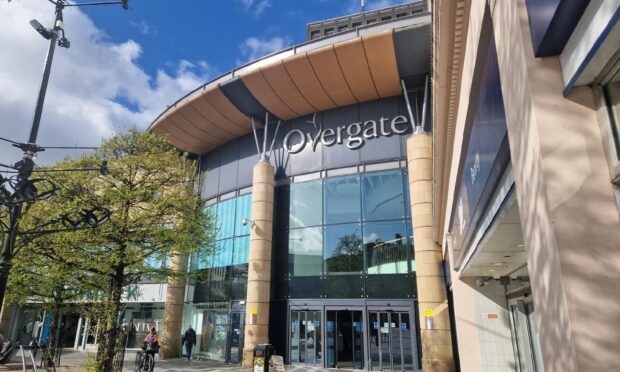
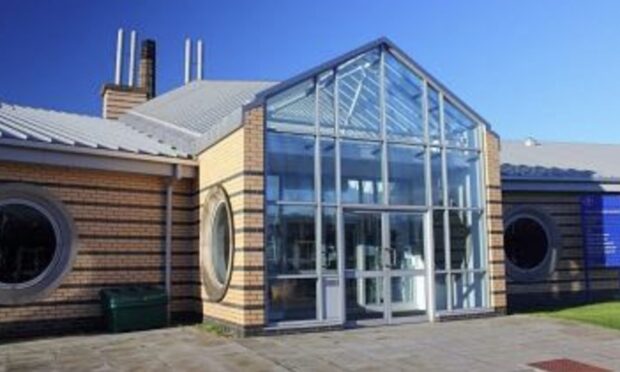

Conversation